Refill packaging
Let’s talk refillable
Changing the way we look at ‘use and throw’ packaging
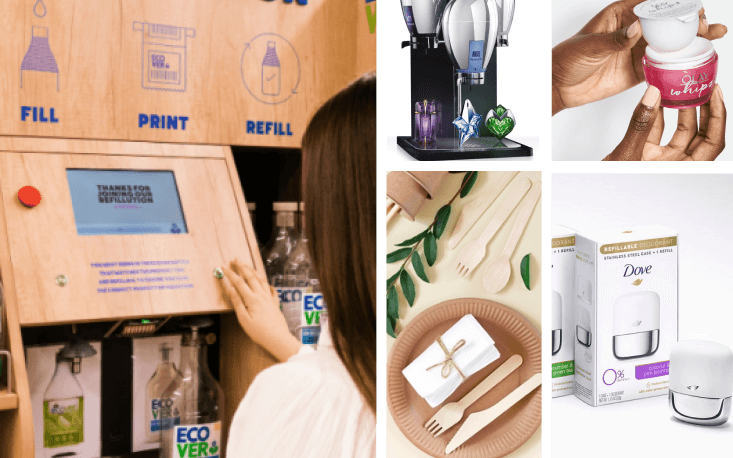
Reusable packaging systems often show environmental benefits over single-use systems.
Packaging plays an important role in safely distributing products throughout today's society and supply chains. With a consumption of about 40% of plastics and 50% of paper in Europe, the packaging sector is a large user of materials. Packaging has a lot of environmental impacts, while it also represents a significant cost in the current supply system. Reusable packaging has been suggested as an option to significantly reduce environmental impacts.
At the same time, consumers are also becoming more eco-conscious and abstaining from ‘use and throw’ - a culture which has drastically impacted our surroundings and given rise to modern-day calamities which can severely affect the planet and all its living habitats.
Refill packaging – Closing the loop
One of the most relevant ways to boost business, Refill packaging works well with a wide variety of products, including skincare and cosmetics, homecare products, FMCG, food & beverages, etc. By opting for refillable packaging, brands can capitalize on the sustainability movement and break into a new market of millennials who are actively seeking out such products.
GOOD THINGS COME IN REFILLABLE PACKAGES
The major benefit of refill packaging is of course less wastage, but is that enough for big brands to switch to it over the traditional single-use packaging? They believe in big numbers, proven facts, and the impact it would create on buyers. Mintel’s Global Packaging Trends 2020 report suggests recyclable products and in-store refilling will be at the forefront of the global sustainability trends driving consumer buying decisions numbers and major influence on the way consumers purchase products.
Besides sustainability, refill packaging offers multiple advantages such as:
Reduced packaging cost
Lesser transportation cost
Building long-term customer relationships
Refills in market - Ahead of the recycle curve
Olay Regenerist Whips
One of the most popular brands to embrace ‘refillables’, the actual container holds a jarful of moisturizer and comes with an additional recyclable refillable pod which is made from 100% recycled paper. After the original container is emptied, consumers can place the refillable pod into it and thus use it all over again.
This was one of P&G’s first attempt to tap into the potential refill packaging market, which was to be followed by several of their best-selling brands such as Cascade, Crest, Tide, Ariel and Pantene.
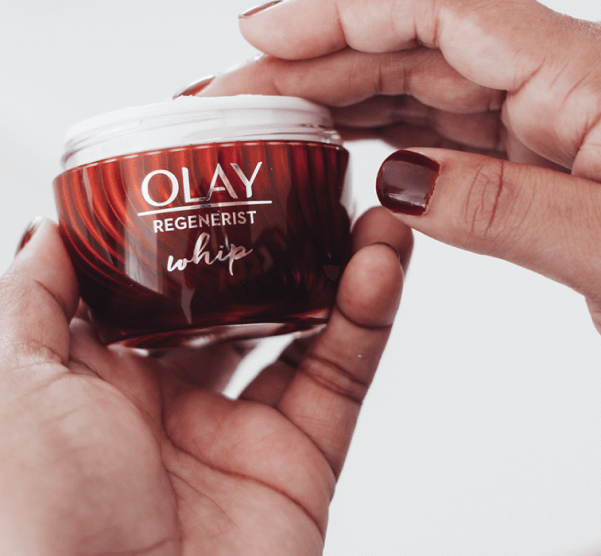
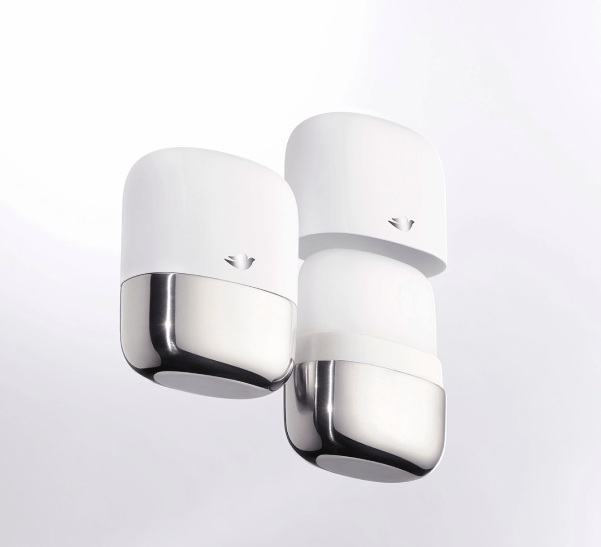
Dove Refillable Deodorant
“Buy once, refill for life” – that’s the motto of the world’s leading brand, Dove in the deodorant category. The deodorant case is made of durable stainless steel, which gives it a sleek and minimalistic look, is good for the planet and comes with a lifetime guarantee, thus making it a one-time only investment for the consumers. It is conveniently designed to fit into the customer’s beauty routine and its refill uses 54% less plastic out of which 98% is recyclable as compared to the earlier variants.
Mugler Fountaine By L’oreal
L’Oreal has been much ahead of the game and seems to have adapted to the sustainable refill packaging trend more than two decades back with Mugler Fontaine range of perfumes. The brand offers in-store refilling stations where the perfume bottles can be refilled at much reduced prices.
Amid COVID-19, customers are becoming increasingly wary of visiting the stores to refill and brands now need to built safety and trust in them when it comes to hygienic refilling of their empty bottles.
They should aim to clearly communicate to customers the health and safety measures in place whilst operating in-store refill stations. Mugler is now extending its offering and delivering refill bottles directly to customers, which are available for a bigger selection of its fragrances.
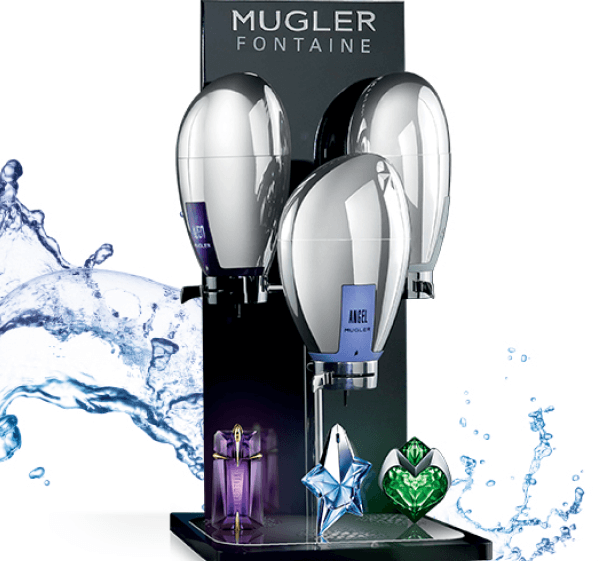
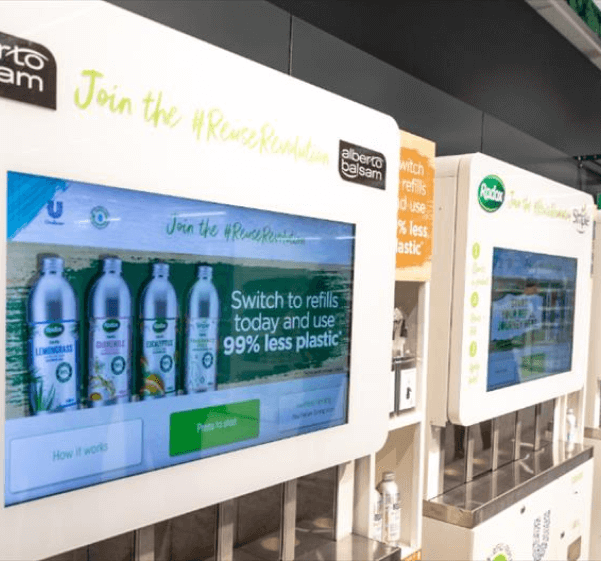
Sustainability Store By Unilever
Supermarket chain Asda in support with Unilever, launched its flagship sustainability store in UK comprising of a refill zone which includes muliple leading household and beauty brands from Unilever. With three different refill formats – it is an attempt for the FMCG giant to ‘trial & learn’ and understand what works best for the consumers.
The Touch - free refill machines provides dispensation in aluminium and stainless-steel bottles using the Return, Refill and Repeat supposition. According to Unilever, these three Refill Stations could save the equivalent of 30,000 plastic water bottles in just one store in one year, based on a 500ml bottle size and predicted sales of Persil, Radox, Alberto Balsam, and Simple refills.
The The In-home refills provides dispensation in aluminium offer Eco-Refill packages, allowing shoppers to use the Cif spray bottle for life. Eco-Refills use 75% less plastic than the standard cleaning bottle, having the potential to save 990 tonnes of plastic every year.
Self-serve containers allow PG Tips & Pukka loose tea to self-dispense fully into bio-degradable bags. The customers will be able to take their own reusable container or buy a new one from the store and once it is full, it will be weighed and printed with a label, ready to purchase!
Refill packaging combined with customization, sustainability and eco-friendliness can bring a world of change to the products. It can position a brand as eco-caring and speak about its propositions to the existing and potential customers. The refill packaging wave is sure to scaleup in the future and create a big difference on the impact of plastic waste generated over the years.
At Packfora, we offer comprehensive and sustainable packaging solutions which are pro-planet and pro-consumers while maximizing the impact of packaging for your business.